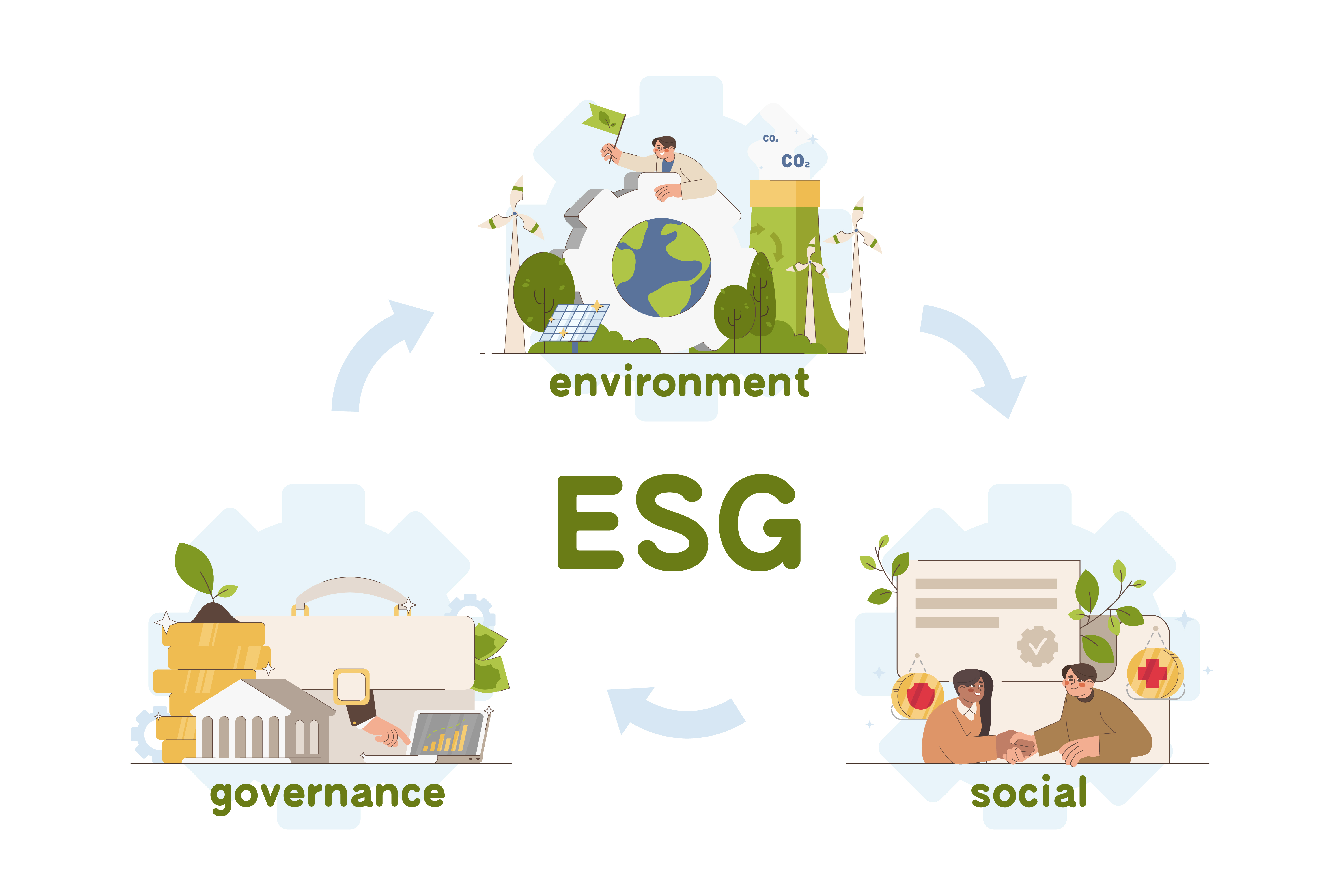
Stanislav Klika
Sustainability is no longer just a trend - it's the future of business. For organisations looking to grow in an ever-changing world, sustainability has become a key pillar. It encompasses not only environmental considerations, but also social responsibility and economic resilience.
BDO's goal is to simplify the sustainability process towards credible and sustainable business practices through a pragmatic, customized total solution.
Sustainable business
BDO experts can help you develop or improve your ESG strategy, policy and reporting.
Reporting of non-financial data is based on the CSRD, which refers to the ESRB reporting standards.
| Scope | Publication of the report | ||
| NFRD | 2017 | 2018 |
|
| CSRD | 2024 | 2025 |
|
2025 | 2026 |
| |
2026 | 2027 |
| |
2028 | 2029 |
|
From 2024 limited assurance
From 2028 reasonable assurance
Based on the CSRD, from 2025 all large companies (meeting at least 2 of the 3 conditions) will have to report their non-financial sustainability data based on a materiality assessment in addition to their traditional financial statements.
Conditions:
Large companies already require sustainability information from their suppliers, and it is clear that in the future, those companies that communicate their ESG issues transparently, not only to their business partners, will be favoured.

BDO experts have the knowledge and experience to help you develop or improve your ESG strategy, policy and reporting.
ESG reporting

Stanislav Klika